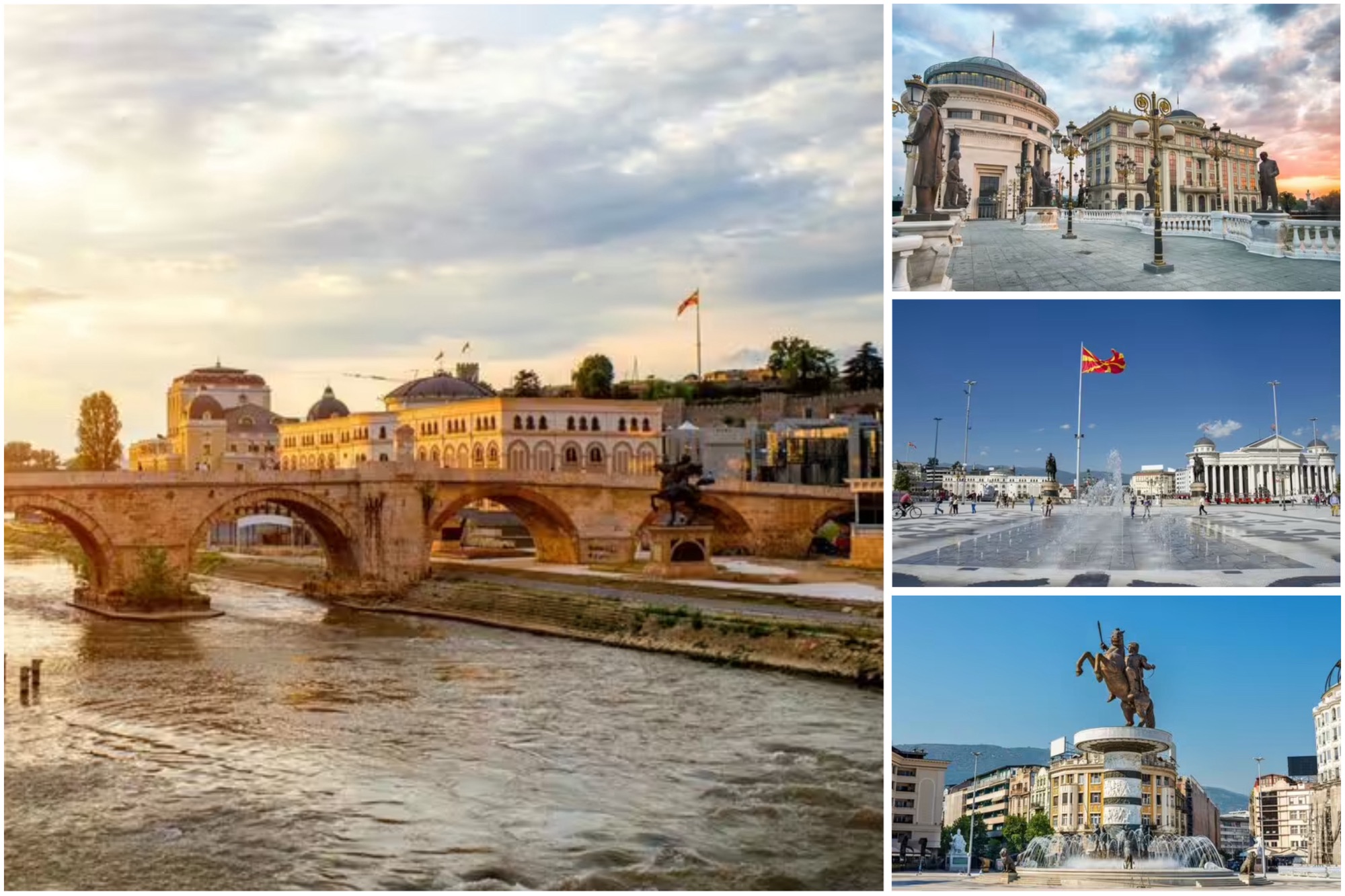Skopje, which was nearly devastated by an earthquake in 1963, has since recovered and is now admired by travelers for its charm. Throughout history, it has been ruled by several empires including the Roman, Byzantine, Ottoman, and Yugoslavian. However, in 1991, North Macedonia declared independence with Skopje as its capital.
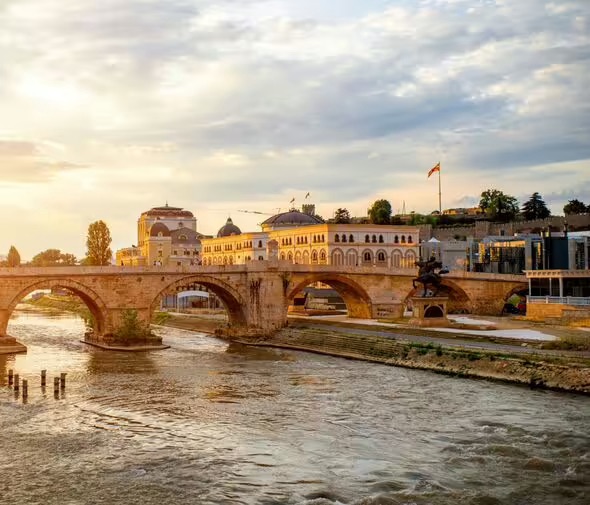
By the 4th century, Skopje had become the capital of a Roman province. Despite its rich historical significance, the city today reflects a modern appearance following a catastrophic earthquake in 1963 that destroyed 75% of its buildings and claimed over 1,000 lives.
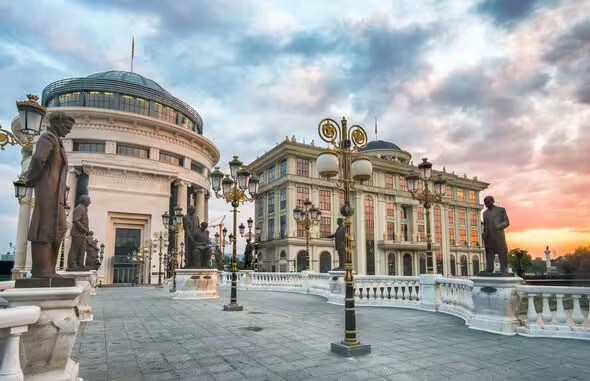
Emerging from the devastation of a 1963 earthquake, the city has transformed into a tourist magnet over the past 61 years, earning recognition from the Telegraph as Europe’s “most underrated capital.”
It features numerous landmarks and attracts visitors to its expansive Old Bazaar, one of the largest markets in the Balkans. Despite its inland location, nearby Lake Matka offers stunning panoramic views. Travel blogger Kami, known for her insights on Kami & The Rest of the World, expresses her fascination with the city:
“The city center is like a lively playground to me. Although much of the city seems unplanned with scattered residential blocks, the heart of the city is a treasure trove of unique experiences.”
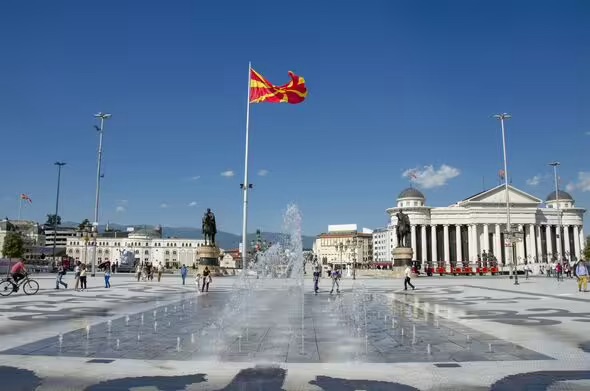
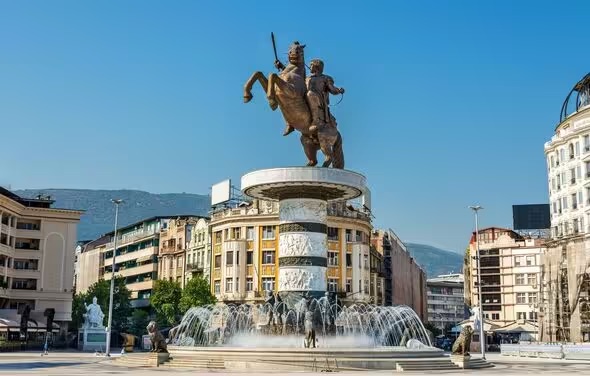
The city’s architecture, blending old and new, seeks to reflect its rich history, featuring whimsical statues and notable brutalist designs. “Explore further, and you’ll find yourself in the bazaar district, a striking contrast to the rest! Skopje offers a multitude of activities that can keep you engaged for 2-3 days!”
Travel blogger A Lady in London also agrees that Skopje is an extraordinary destination.
She notes: “North Macedonia’s capital is rich in historical significance and boasts a vibrant cultural scene that’s sure to excite.
“It ranks as one of the top travel destinations in the Balkans.”
TripAdvisor users have echoed these sentiments, particularly praising the market, which is listed as the second most recommended attraction on the site.
One traveler commented: “The Old Bazaar is more than just a shopping spot. It’s a maze of cobblestone streets and narrow alleys where you can find art galleries, mosques, museums, eateries from traditional to modern, numerous cafes with excellent Turkish coffee, and a variety of local crafts and souvenirs.”
